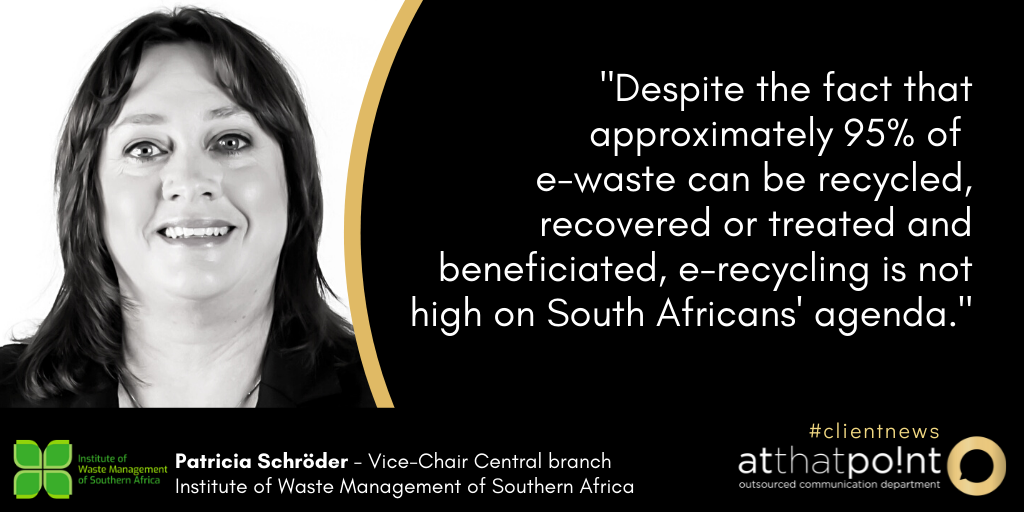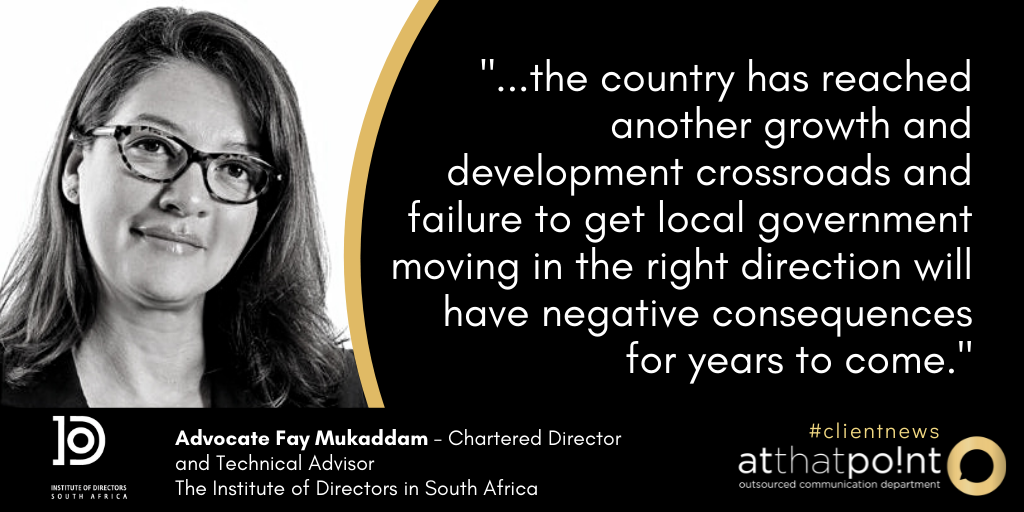|
Authored by: Dr. Les Carlo, IRMSA Risk Intelligence Committee Advisor
The advent of COVID-19 in South Africa has changed the landscape of risks irrevocably. It has brought home the importance of managing COVID-19 as a complex problem. From a risk perspective, it must shift focus onto a system of complicated or complex risks and opportunities. In looking once again at the 2020 IRMSA Risk Report it is clear that there is guidance on how to approach complicated and complex risks, but is it enough? Does the narrative “Navigating Complexity: The Frontier of Risk Management” tell us enough? The comparison between Complicated Systems and Complex Systems is detailed and powerful in helping to understand what is being dealt with when analysing problems. Given that a risk is in fact a problem that has yet to materialise, it can be usefully applied when adding one extra dimension. That is that in the case of a complicated risk, it must still be properly defined to avoid the potential to solve it incorrectly. This also applies to complex risks except that the “multiple non-linearly connected parts” or at least one of them must be subjected to an adequate definition if the system and hence the risk is to be positively influenced. The concept of defining the complicated risk is within the grasp of all of us. Having said that the risk report brings home the importance of understanding systems theory as a key tool in hands of a modern day risk practitioner or manager. But understanding systems theory alone, which is important, this does not help with addressing complex risks, and hence the relevance of the “Cynefin Sensemaking Framework”. Does the “Cynefin Sensemaking Framework” as described therein do to help the risk practitioner or risk manager in the important role that they must play now? It does in terms of differentiating a complex risk, and in helps in what to See, Attend To and Act Upon when faced with one. But does it help with how to address a complex risk in a way that will result in improved management of it? It is suggested two concepts need to be added to enable effective management. Firstly at least one or more of the “multiple linearly connected parts” of the system exposed to the risk need to be sufficiently defined to the extent that they can be positively influenced towards a better outcome. Secondly, once there is improved definition, an approach that will deliver an improved outcome needs to be selected and applied. In 1994 R. L. Ackoff in a paper on Systems Thinking and Thinking Systems suggested the following way of treating messy (or complex) problems.
They have defined that physical contact is one facet of the complex problem, and have effected a temporary change to the environment. In other words they have applied the lockdown regulations and in doing so influenced but not solved the problem. In conclusion, it is important for risk practitioners and risk managers to at least understand the basics of Systems Theory, something that IRMSA can include in its training programmes. Also, to address risks we need to do a very basic thing and that is to properly define the complicated risk or that part of the complex system that is to be treated. Finally, in the case of a complex risk, chose the approach towards treating it that fits the organisation to which it is exposed and possibly use one of the ways stipulated by Ackoff. ENDS MEDIA CONTACT: Rosa-Mari, 060 995 6277, [email protected], www.atthatpoint.co.za For more information on IRMSA please visit: Website: https://www.irmsa.org.za/ Twitter: https://twitter.com/IRMSAInsight Facebook: https://www.facebook.com/IRMSAInsight/?ref=hl LinkedIn: https://www.linkedin.com/company/irmsa-institute-of-risk-management-sa/
0 Comments
How risk management can be implemented effectively to disable corruption within organisations8/6/2020 Written by Mpho Modisane, IRMSA Risk Intelligence Committee Member
As professionals we should avoid falling prey to corruption. Corruption robs both the public and private sector to the extent of eroding our individual professional brand and that of our companies (reputational risk), it undermines the employees of both sectors who are truthfully and impartially committed to their professions. Corruption is defined as any conduct or behaviour in relation to persons in private or public sector entrusted with responsibilities in their office, which contradicts their duties, and which is aimed at obtaining undue benefits of any kind for themselves. Although most companies and government departments have clearly articulated policies that condemn fraud, bribery, extortion, misappropriation, favouritism, kickbacks and other forms of corruption, these policies don’t seem to be working as intended hence corruption keeps rearing its head. Corruption inhibits possible foreign investment, stifles economic growth, and undermines efforts towards achievement of sustainable development. It further undermines the various layers of controls created by companies, member organisations such as IRMSA, legal and judicial systems. Corrupt individuals and businesses who pay bribes to avoid complying to set rules, laws and regulations continue to benefit unduly by securing tenders, contracts, and favours at the expense of those who choose to uphold high ethical values. Many have lost their lives while fighting corruption and people’s lives continue to be threatened where there seems to be pushback. This renders the fight against corruption a more complex one. Most concerning to risk professionals is that corruption leads to other possible related and unrelated risks materialising. For example, if a private sector service provider pays kickbacks to a government department employee in order to secure a tender to provide a particular service, the service provider may not be able to deliver the service at the required standard or in extreme cases, not deliver the service at all. If the government department was intending to address a particular risk by putting in place controls with this service, it means the risk will highly likely materialise as a result of controls not being applied. David Lewis, the Executive Director of Corruption Watch, explains that one of the lessons we have learnt from our country’s recent past is the role played by private-sector companies and professions in facilitating public and private-sector corruption. These include members of the legal and auditing professions, tax advisers and management consultants, and real estate agents. Lewis further explains that the work of their organisation as a corruption watchdog going forward will focus increasingly on these identified facilitators of corruption. To make the risk of corruption prominent in our organisations we need tocreate scenarios in our risk discussions which demonstrate instances whereby corruption risks can materialise. The jargon used in the scenarios has to be relevant and at the most, be specific to the organisation. Where controls don’t work as intended, alternative or a combination of controls should be applied to deal with weaknesses. For example, to treat collusion, staff rotation can be used and supplemented with automation of certain processes. Corruption undermines the efforts of professionals in the private and public sector who live up to their mandate, and as risk professionals we need to protect the controls created through member organisations, watchdog agencies and legal and judicial systems. Risk management can be a useful tool to ensure that these controls are adhered to and where they are inadequate, risk managers must ensure that additional measures are put in place. One of the benefits of risk management is that when it’s done intelligently, it can contribute immensely towards the eradication of fraud and corruption, create sustainable value as well as protect and enhance reputation. In these unprecedented times, the risk manager’s role in the fight to corruption is more important than ever and as a risk professional you need to ask yourself the following questions about your organisation. Have you:
ENDS MEDIA CONTACT: Rosa-Mari, 060 995 6277, [email protected], www.atthatpoint.co.za For more information on IRMSA please visit: Website: https://www.irmsa.org.za/ Twitter: https://twitter.com/IRMSAInsight Facebook: https://www.facebook.com/IRMSAInsight/?ref=hl LinkedIn: https://www.linkedin.com/company/irmsa-institute-of-risk-management-sa/ |
Welcome to the IRMSA Newsroom
Archives
December 2020
Categories
All
|



 RSS Feed
RSS Feed